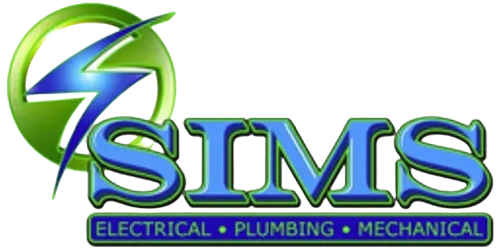Detecting Early Warning Signs of Power Surges
Lightning strikes tend to be more common during the summer months, though lightning strikes can certainly take place during the winter as well. This is a phenomenon that happens when snow squalls follow a vertical pattern of motion in the clouds, thus causing sufficient friction to generate an atmospheric charge that results in lightning.
With weather becoming so unpredictable, thundersnow storms are bound to happen more frequently these days. What this means for you as a homeowner is that power surges from lightning strikes are no longer limited to the rainy months. An early wintry system is all it takes for thundersnow to develop.
Understanding Power Surges
In North America, residential electricity flows at 120 volts, but not at a constant rate. The appliances and electronics in your home are designed to be electrified by 120 volts. Power surges are sudden or sustained spikes of voltage; it is not unusual for a surge to register hundreds of volts that can either fry electronic components or shorten the effective lifespan of home appliances.
When electricians from electric utility companies work to restore service after widespread power outages, local newscasters often recommend that you unplug all electronic devices while you wait. This advice assumes that your home’s wiring is not equipped with a surge protector. Should there be a power surge as electricity returns, there is a chance that the devices and appliances still plugged in could be damaged by a higher voltage flow.
Power surges by lightning strikes or by the utility company are precipitated by external factors. Internal power surges can be caused when circuits become overloaded or when large appliances, such as HVAC systems, are turned on.
Early Warning Signs of Power Surges
One early warning sign of a power surge is that your appliances are tripping circuit breakers. If this happens, schedule an appointment with an electrician. Another sign is if you hear strange noises or detect strange smells coming from your electrical system. In this case, there may be an issue with arcing. The wiring may have weakened or separated under the high voltage of power surges. Finally, if your smartphone heats up while charging it, even if you are not using it, you could experience a power surge in the future.
A rule of thumb to determine if your home circuit requires surge protection is to assess the value of your electronics. Let’s say you work from home on an expensive PC workstation worth thousands of dollars; if this device is your breadwinner, surge protection makes perfect sense.
At Sims Electrical, Plumbing, & Mechanical, we are always ready to answer questions you may have about surge protector installation around Evansville, IN. Our service area includes all of Southern Indiana and its contiguous areas. Get in touch with us to get more information or to receive a free estimate.
The post Detecting Early Warning Signs of Power Surges appeared first on Sims Electrical, Plumbing, & Mechanical.










